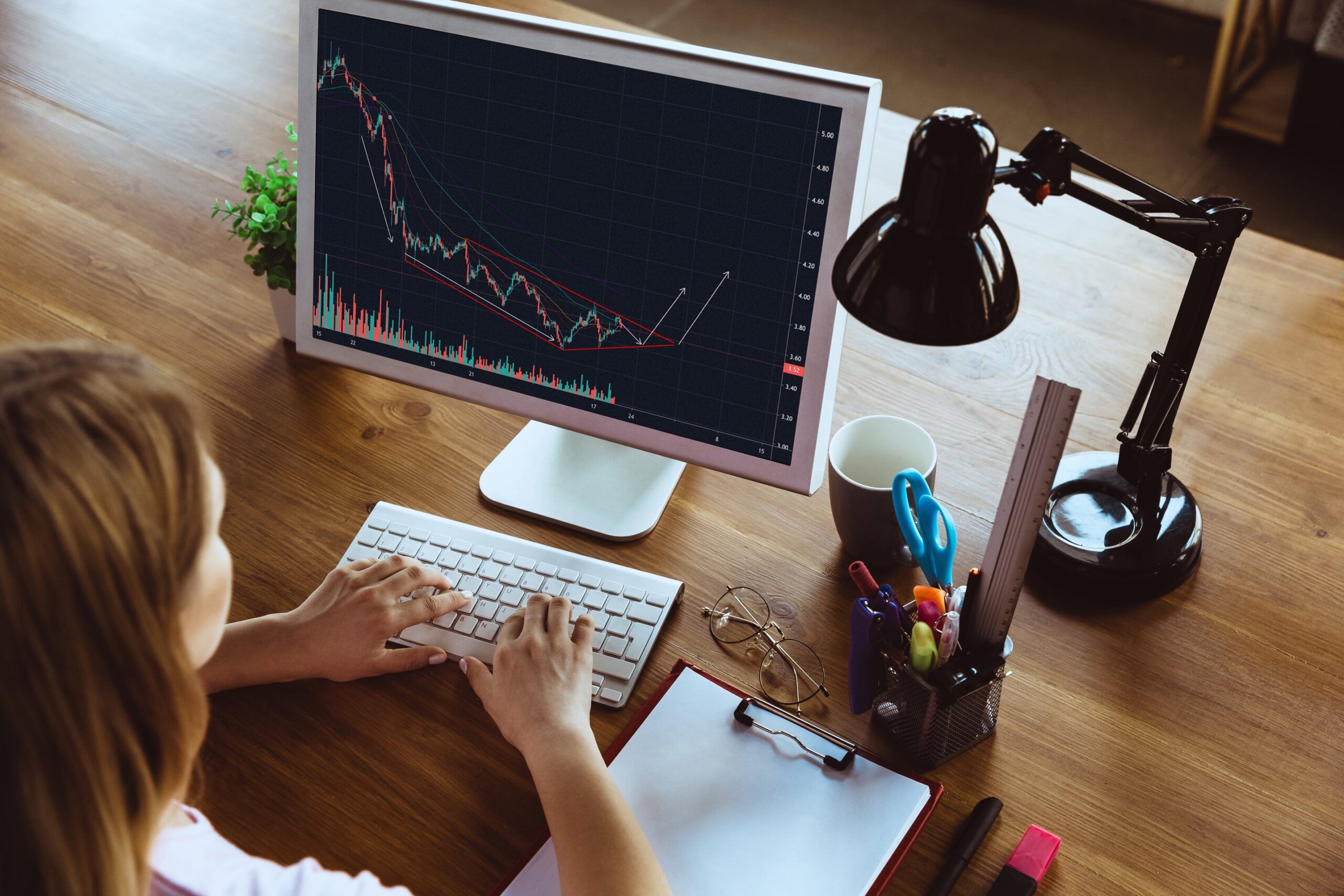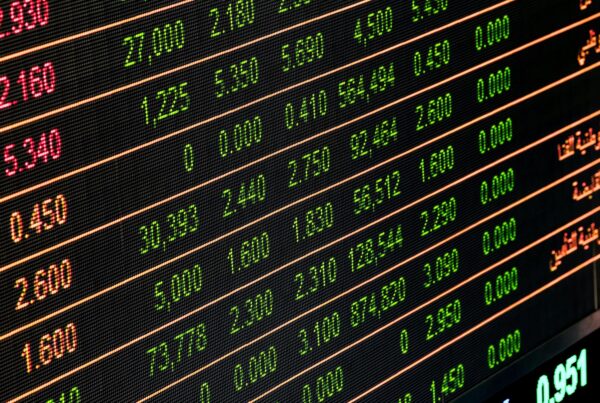Definition and basic concept of spread
The spread in trading is a fundamental concept that every investor must understand in order to trade effectively in the financial markets.
Meaning of spread in English
In Spanish, the term "spread" is translated as "diferencial" or "margen". In the context of trading, it refers to the difference between the bid and ask price of a financial asset.
The spread in the financial context
In finance, the spread represents the transaction cost that traders must bear when opening or closing a position. It is a way for brokers and market makers to profit by providing liquidity and facilitating operations.
Types of spreads in trading
There are different types of spreads that traders may encounter in their trades:
Fixed spread
The fixed spread is one that maintains a constant value, regardless of market conditions. This type of spread offers greater predictability in trading costs.
Variable or floating spread
The variable spread changes according to market conditions, such as volatility and liquidity. It can be narrower during times of high liquidity and wider during periods of volatility.
Zero spread
Some brokers offer zero spread, where there is no difference between the bid and ask price. However, they usually charge a commission per trade to compensate for the lack of spread.
How to calculate the spread in Forex?
Formula for calculating the spread
Spread calculation in Forex is simple:
Spread = Precio Ask - Precio BidPractical example with EUR/USD
If the EUR/USD bid price is 1.1000 and the ask price is 1.1002, the spread would be:
Spread = 1.1002 - 1.1000 = 0.0002 (2 pips)Factors influencing the spread
Several factors can affect the size of the spread:
Market volatility
Higher volatility usually results in wider spreads due to increased risk for market makers.
Asset liquidity
More liquid assets generally have tighter spreads due to high demand and supply.
Trading hours
Spreads can vary depending on the time of day, with spreads generally being narrower during peak market hours.
Economic events and important news
Important economic announcements may cause a temporary widening of spreads due to market uncertainty.
Importance of the spread for traders
Impact on trading costs
The spread is a direct cost for traders, affecting the profitability of each trade.
How it affects profit and loss
A wider spread requires the price to move further in the trader's favor to break even and start generating profits.
Spread in different markets
Forex Spread
In the foreign exchange market, spreads are usually very tight due to the high liquidity and trading volume.
CFD Spread
Contracts for Difference (CFDs) can have wider spreads, especially on less liquid underlying assets.
Spread on shares
In the stock market, the spread can vary significantly depending on the popularity and liquidity of the company.
How to minimize the impact of spreads on your operations
Strategies to reduce spread costs
- Trading during peak trading hours
- Choose more liquid currency pairs or assets
- Using limit orders instead of market orders
Choosing the right broker
Researching and comparing spreads offered by different brokers can help reduce trading costs in the long run.
Frequently asked questions about spread trading
Is it possible to trade without spread?
Although it is possible to find brokers that offer "zero spread", they generally charge a commission per trade to compensate.
Which broker has the lowest spreads?
The answer varies by market and asset type. It is important to compare several brokers and consider other factors besides the spread.
What is a lot in trading and how does it relate to the spread?
A lot is a standardized unit of measurement for the size of a trade. The impact of the spread in monetary terms increases with lot size.
Conclusions and final advice
Summary of key points
- The spread is the difference between the bid and ask price of an asset.
- There are different types of spreads: fixed, variable and zero.
- Factors such as volatility and liquidity influence the size of the spread.
- The spread directly affects trading costs and profitability.
Recommendations for beginners
- Familiarize yourself with the spreads of the assets you wish to trade.
- Practice with a demo account to understand the impact of the spread on your trades.
- Consider the spread as part of your risk and cost management strategy.
- Don't just focus on the spread; evaluate other aspects of the broker such as execution and regulation.
Understanding and effectively managing the spread is crucial to long-term trading success. With practice and experience, traders can optimize their strategies to minimize the impact of the spread and maximize their profit opportunities.






